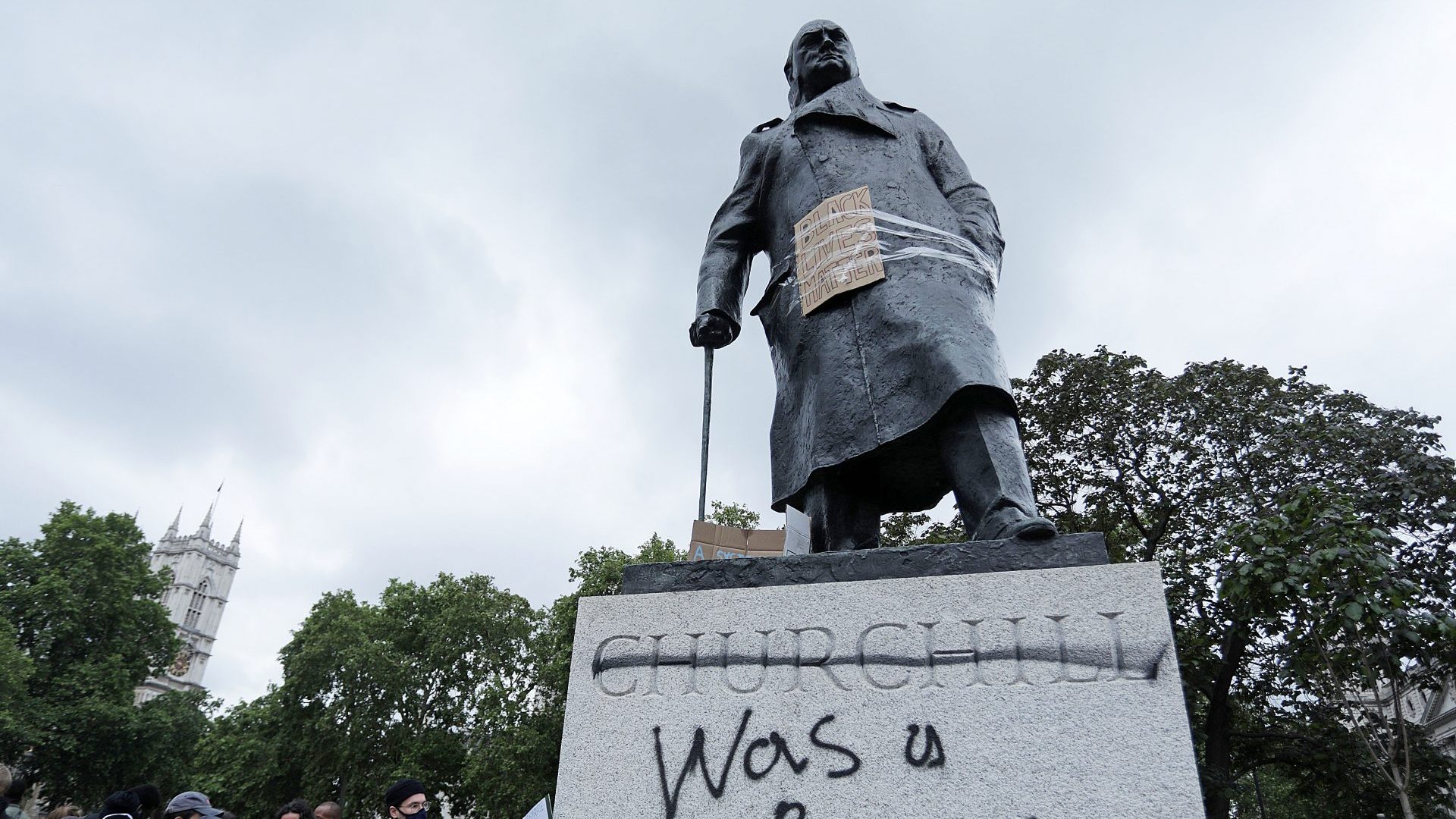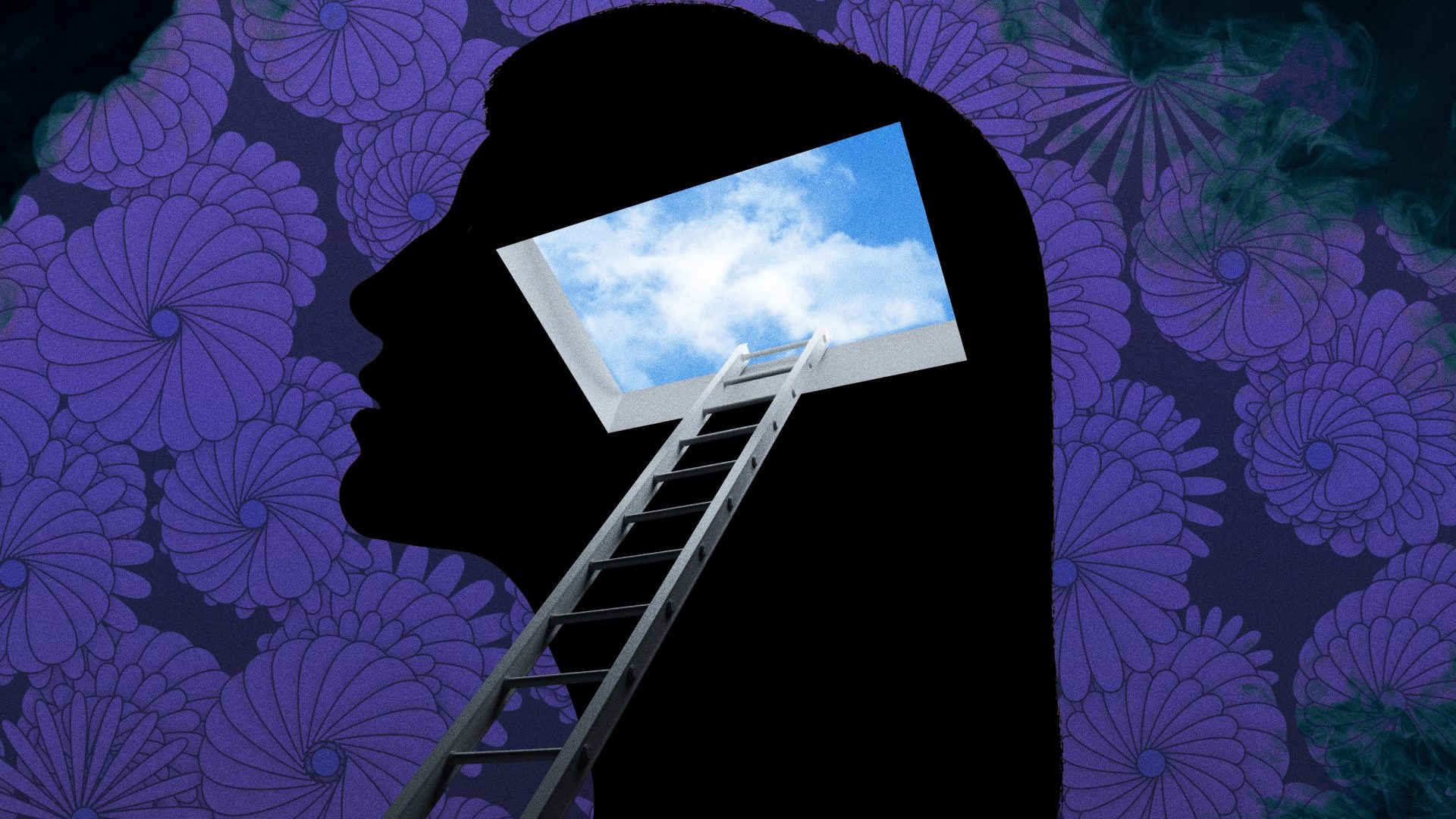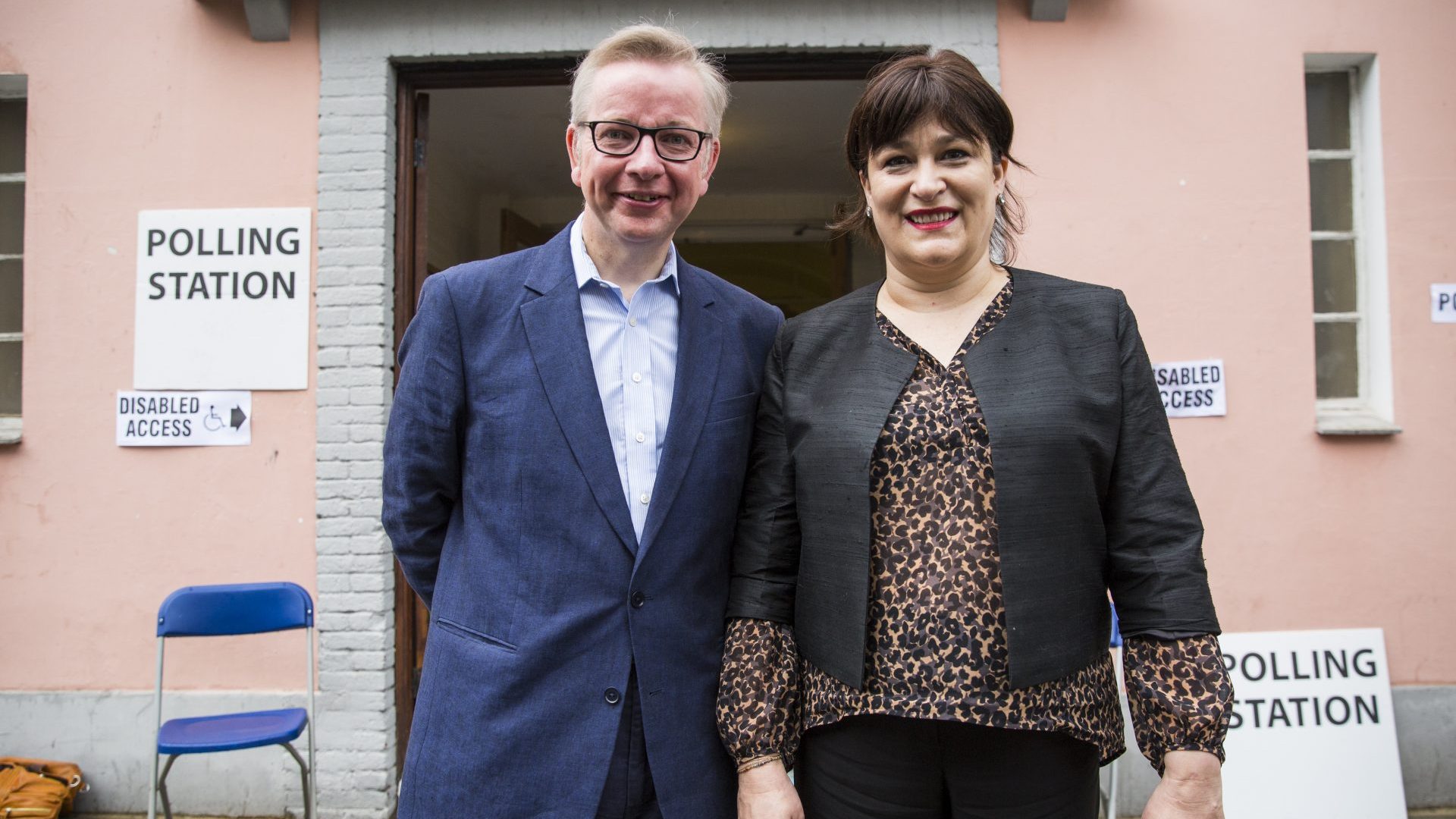“Wokeness” is an idea that in one form or other dates back almost a century. At its core is little more than an argument that we should be aware of, and concerned about, social injustices in our society – whether they stem from racism, sexism, anti-disability, or any number of other potential dividing lines.
But to many on the right, the very idea of wokeness has become an existential threat to freedom, democracy and the west itself. So many people have tried to be the supposed lonely voice brave enough to speak out against woke that they now struggle to stand out from the crowd.
Andrew Doyle, the comedian behind the spoof Twitter persona Titania McGrath, published The New Puritans: How the Religion of Social Justice Captured the Western World in 2022. Former New York Times columnist Bari Weiss founded the anti-woke media outlet The Free Press the same year.
US first amendment attorney Greg Lukianoff wrote The Cancelling of the American Mind in 2023, which was joined by Christopher Rufo’s America’s Cultural Revolution: How the Radical Left Conquered Everything.
Dozens more books, conferences, and Substacks have followed. Piers Morgan, who has rarely seen a bandwagon go by that he hasn’t wanted to leap on to, is publishing a victory lap – Woke Is Dead: How Common Sense Triumphed in an Age of Total Madness – later this year.
While all of these expound on the many evils and dangers of wokeness, they agree with the progressive left mainstream on one thing: wokeness is important. The social justice movements and protests – Black Lives Matter and the other movements that became collectively, if somewhat disparagingly, known as The Great Awokening – demanded to be taken seriously, and for a time it was social suicide in liberal middle-class circles not to do so. Its advocates and opponents agree on one thing: this movement matters, whether it’s for good or for ill.
The American sociologist Musa al-Gharbi, though, has an alternative proposition, and on its surface it’s an incredibly simple one: what if it doesn’t?
He is not for a second suggesting racism, sexism, class or other societal issues don’t matter – this would be a strange stance for a sociologist to take, after all. Instead, he is arguing that the eruption of campus and middle-class protest in recent years has little to do with these serious underlying issues, and has done virtually nothing to help address any of them. But where the right sees a threat to society, al-Gharbi sees little more than a sideshow, a performative competition between different elite groups.
Al-Gharbi took a long road to sociology. He didn’t start his PhD until 13 years after graduating from high school, spending much of the intervening time as a shoe salesman. His initial focus was on philosophy and reality, which sparked his interest as he had departed his Christian faith and become an atheist (he now practices Islam). But when his twin brother died while serving in the US Army in Afghanistan, his research interests changed.
“I realised that even if I didn’t care about politics, politics cared about me,” he explains. “And more importantly, I realised that a lot of these political questions were more important than I thought, and in different ways than I thought.”
The product of that new focus is We Have Never Been Woke: The Cultural Contradictions of a New Elite. It was published towards the end of last year in the US and al-Gharbi is now promoting it around the UK and Europe ahead of a paperback release later this year.
We Have Never Been Woke is a measured, academic book, which shows its workings and offers up evidence where it can. But as it accumulates, it creates a fairly devastating argument that most of the woke protest movements of the last decade amount to little more than performative competition between elites, as too many graduates compete for too few jobs in the top professions.
Some of the issues are obvious, almost cheap, shots. Why are movements ostensibly about race, and the dangers working-class black communities face, so dominated by upper middle class white protesters? Why do US campus protesters – overwhelmingly from the most privileged of backgrounds – frame themselves as among the most at-risk from Trump, when in reality they are the best protected? How does the elaborate language of woke activism do anything but alienate the groups that are supposedly being fought for?
These critiques have some substance, but most have been raised elsewhere, including by the more conventional critics of wokeness. Where al-Gharbi’s argument is most compelling is when he suggests the recent “Great Awokening” is not the first, but the fourth.
The first was a round of student protests at the dawn of the great depression. The second was the student protests of the 1960s, and the third a smaller round of protests around the recession of the late 1980s. In each instance, al-Gharbi suggests that the protest movements did little to accomplish their desired political changes, and instead disbanded when conditions improved for the elite middle classes. The path into the elite professions reopened, the draft was ended, and the fire left. Social change, he argues, was largely unrelated.
Suggested Reading


How woke went broke
The late 1980s protests were ostensibly about “racial equality, feminism, gay rights and environmentalism,” but they died away to nothing when the US changed visa rules to reduce competition for US graduates trying to get into high-skilled industries like law, finance, or the media. “As their own fortunes began to rise, social justice concerns receded into the background,” al-Gharbi notes. By 1992, the American left had embraced Bill Clinton and the business boom that followed.
All of this makes for uncomfortable reading for anyone of a progressive bent. Al-Gharbi looks at the historical Awokenings to argue they failed to lead to either substantive changes in the law in favour of equality, or to a fairer allocation of resources through tax and spend or fairer wages. They tend to mark high spots in the liberalness of public opinion – often being followed by shifts towards conservatism.
On their own supposed terms, he argues, they fail. “Rapid changes in expressed attitudes among white elites… do not seem to have had any enduring effects on the trend lines of public opinion writ large,” he writes.
Al-Gharbi suggests the most enduring responses of each Awokening has almost always been the institutions that grow out of the conservative backlash to it. The 1960s protest movements helped to birth right wing thinktanks operating outside of academia, producing a new career path for right wing thinkers and a way for their ideas to make it into policymaking.
The 1980s movement helped to birth the right wing media sphere, such as US talk radio and Fox News. There is no shortage of evidence that the recent rise of wokeness has done more to boost right wing influencers and brands to commercial success – and vast online reach – than it has helped any on the left.
The target of al-Gharbi’s thesis are, he admits, also the only group ever liable to read his book, or this article – a group he calls “symbolic capitalists”, people whose role in society owes more to honour, prestige, respect, or celebrity than simple wealth. That is almost every elite profession, from academia, to politics, to the media, to law.
Those of us in these groups have a habit, he says, of sincerely supporting causes of social justice, but only to the extent that doesn’t actually damage our own self-interest. And, he says, we’ve got very good at not noticing that’s what we’re doing.
“Symbolic capitalists say things like ‘we want the poor to be uplifted’, ‘we want people at the margins of society to have lives of dignity and inclusion.’ Like, I don’t think we’re lying. I don’t think we’re insincere. This is the thing I stress repeatedly,” he says, after I suggest that his book has made me think sociologists are even more cynical than journalists.
“I think the problem is that these sincere commitments to social justice are not our only set of sincere commitments. We also have this sincere commitment to be elites.
“We think we should have a better life than the people who are cleaning our house and serving us. We should have a higher standard of living. We should have more say over society. Our perspective should carry more weight, taken more seriously than the people delivering our parcels. And we want our children to reproduce our own social standing.”
Accusing the middle-class left of practising champagne socialism is hardly new, but that doesn’t invalidate the critique, either. In its way, al-Gharbi’s critique is more devastating than those of the overt enemies of wokeness, who at least take it seriously as a cultural force.
To al-Gharbi’s view of the world, while the individual protesters might be entirely sincere and earnest, the movement is largely performative. It’s less a threat to the existing social order than a case of aspiring elites staging protests until they’re invited to join the elite themselves.
It is, of course, not a performance al-Gharbi has escaped: his own argument doesn’t offer means of major societal change. It is itself a criticism of symbolic capitalism from within, perhaps just another level of elite navel gazing. But that doesn’t stop it sitting uncomfortably: is it worse to see social justice movements portrayed as a threat to the existing order, or just an elite sideshow?
Al-Gharbi doesn’t see it has his job to offer any answers. He recalls that after a recent talk on his book, the audience were encouraged to line up at a microphone to ask questions. “One lady literally screamed, screamed at me, ‘what would you have me do?’,” he recalls.
“And I was like, I wouldn’t have you do anything,” he says.” I’m an academic who wrote a 100-year study of the political economy and the knowledge professions. Like, if you want someone to tell you what to do, there’s priests, there’s counsellors, there’s a self-help section here in this bookstore. I’m going to just stay in my lane.”
We Have Never Been Woke: The Cultural Contradictions of a New Elite by Musa al-Gharbi is published by Princeton University Press




